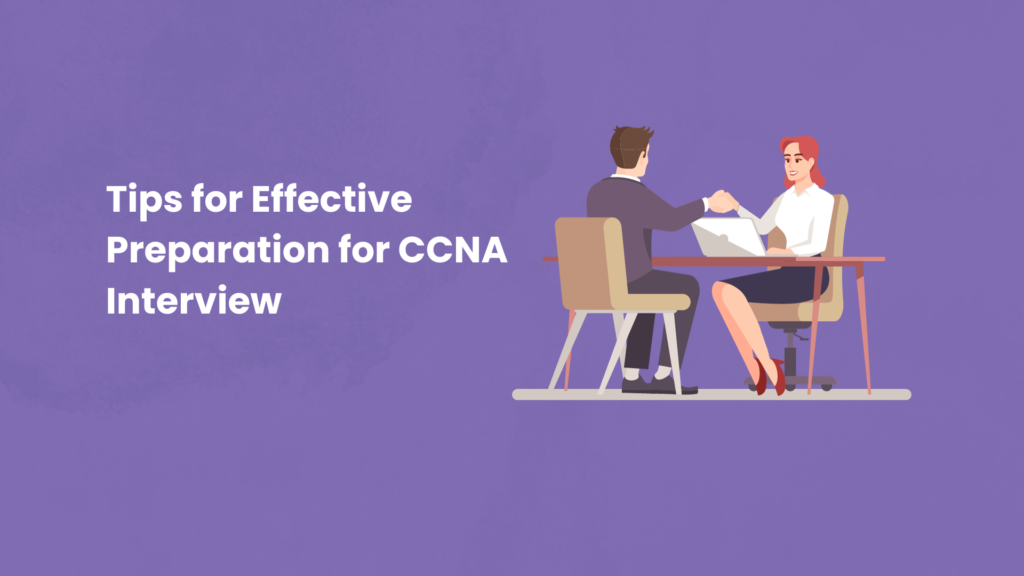Prospective employers spin webs of Intricate questioning during CCNA interview. The questions are meant to evaluate both your theoretical and practical understanding of networking.
Getting CCNA Training is a significant step towards a successful career in networking. However, getting through the intimidating CCNA Interview Questions is the first step toward this goal, and it might seem like an arduous voyage. This blog will provide you with the information, skills, and confidence you need to not only ace the interview but also become a networking master.
Table Of Content
- Researching Common CCNA Interview Questions
- Technical Preparation Strategies
- Preparing for Behavioral Questions
- Preparing for Practical Demonstrations
- Effective Revision Techniques
- Handling Stress and Nervousness
- Conclusion
Researching Common CCNA Interview Questions
Networking protocols, subnetting, troubleshooting scenarios, and configuration activities are frequently the topics of these queries. It is possible to properly customise your preparation by being aware of the common questions. Each type of inquiry assesses specific skills. Subnetting questions, for example, evaluate your knowledge of IP addressing, whereas troubleshooting questions test your ability to solve problems. Understanding the importance of each kind of question will help you concentrate during the preparation stage.
Technical Preparation Strategies
It’s crucial to have a solid foundation in networking fundamentals. Make sure you comprehend ideas like network topologies, TCP/IP protocols, and the OSI model. The foundation for taking on more complex subjects is mastering these basics. The two main building blocks of CCNA are switching and routing protocols. Gain an understanding of switch operations at the data link layer and protocols such as RIP, EIGRP, and OSPF. Your confidence during a job interview is boosted by having hands-on experience with configuring these protocols.
With network simulators, you may practice creating virtual network environments. Use simulators to mimic real-world situations, such as GNS3 or Cisco Packet Tracer. Practical experience helps you become more proficient at answering inquiries since it improves your configuration and troubleshooting abilities.
Preparing For Behavioral Questions
In every professional function, effective communication is crucial. Practice expressing yourself simply and concisely. Practice explaining complicated technical topics in simple terms and showcasing your communication abilities throughout the interview.
Scenario-based questions are often asked during CCNA interviews. Solving networking tasks can help you improve your problem-solving and critical-thinking skills. Practice analysing issues, determining fundamental causes, and coming up with solutions. Demonstrating your problem-solving abilities may help you stand out from the crowd.
Interviews may be stressful, but preparation and self-assurance can help reduce tension. To imitate genuine interview situations, do mock interviews with friends or mentors. You may enter the interview room with elegance and confidence if you practice replies to typical inquiries.
Preparing For Practical Demonstrations
Practise settings and troubleshooting exercises for a considerable amount of time. Work on establishing networks, configuring switches and routers, and fixing typical network problems. You’ll be more ready for the practical demonstrations that will take place during the interview the more real-world experience you get.
Effective time management is essential, particularly while taking practical exams. Get comfortable finishing settings and troubleshooting assignments in the allotted time. Create a methodical approach to problem-solving and make sure you devote enough time to each activity.
Effective Revision Techniques
Spend a considerable amount of time practising settings and troubleshooting activities. Set up networks, configure routers and switches, and troubleshoot typical network difficulties. The more hands-on experience you have, the more equipped you will be for practical demonstrations during the interview.
Time management is critical during practical evaluations. Experiment with accomplishing setting and troubleshooting tasks within the time constraints. Develop a methodical approach to issue solving, ensuring that you devote sufficient time to each assignment.
Handling Stress And Nervousness
Although it’s expected to be anxious before an interview, anxiety management is crucial. To reduce anxiety, engage in relaxation exercises like deep breathing or meditation. A positive mindset and increased confidence can be achieved through using affirmations and positive self-talk.
Imagine yourself addressing interview questions with confidence and showcasing your abilities. Imagining things positively can help you feel more confident. Additionally, you can maintain your composure and concentration under pressure by practising relaxation techniques like yoga or mindfulness meditation.
Conclusion
Preparing for a CCNA interview may seem to be a complex undertaking, but with the appropriate methods, determination, and self-belief, you can overcome even the most difficult questions. Keep in mind that the trip does not stop with the interview. It’s the start of a lifetime journey into the world of networking. Continue to be interested, explore, and never be afraid to delve into the depths of technology.
Read Also:
- How To Start Blogging?
- How To Start A Virtual Assistant Business
- How To Start A Mobile App Development Company?
- Andrew Tate Net Worth | How Much Is Andrew Tate Net Worth?


